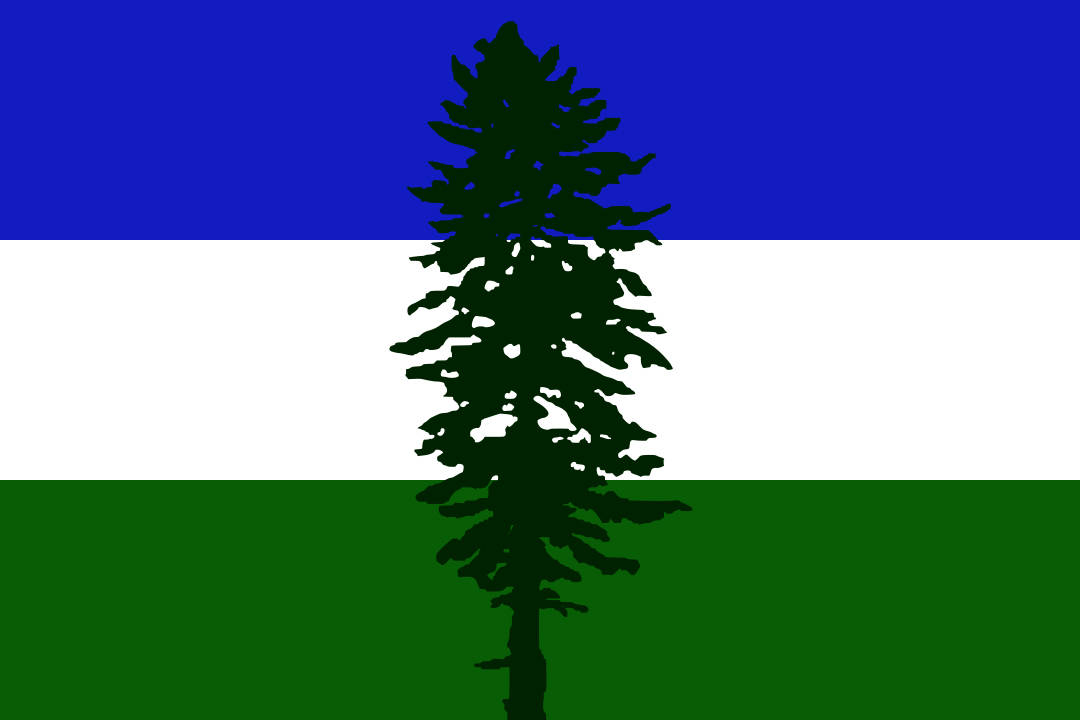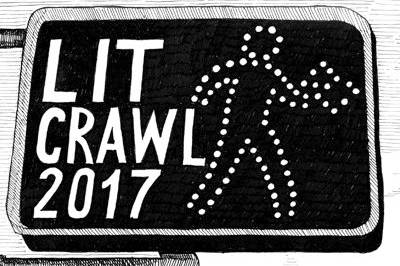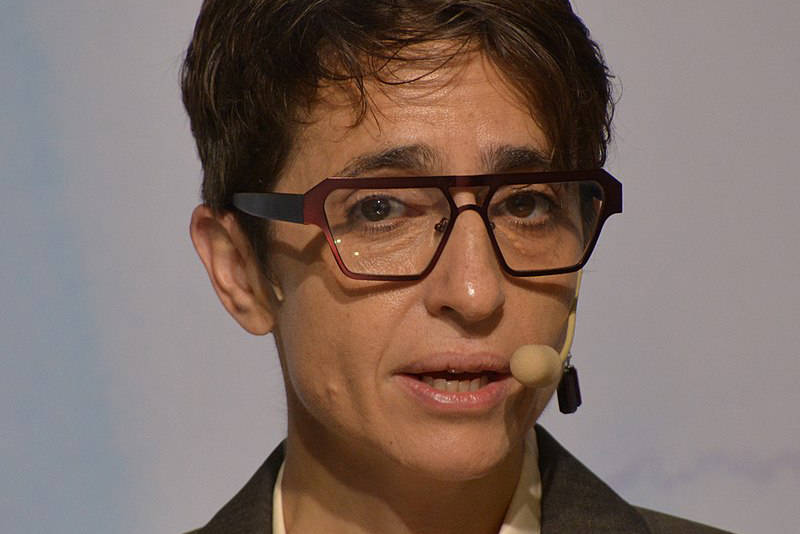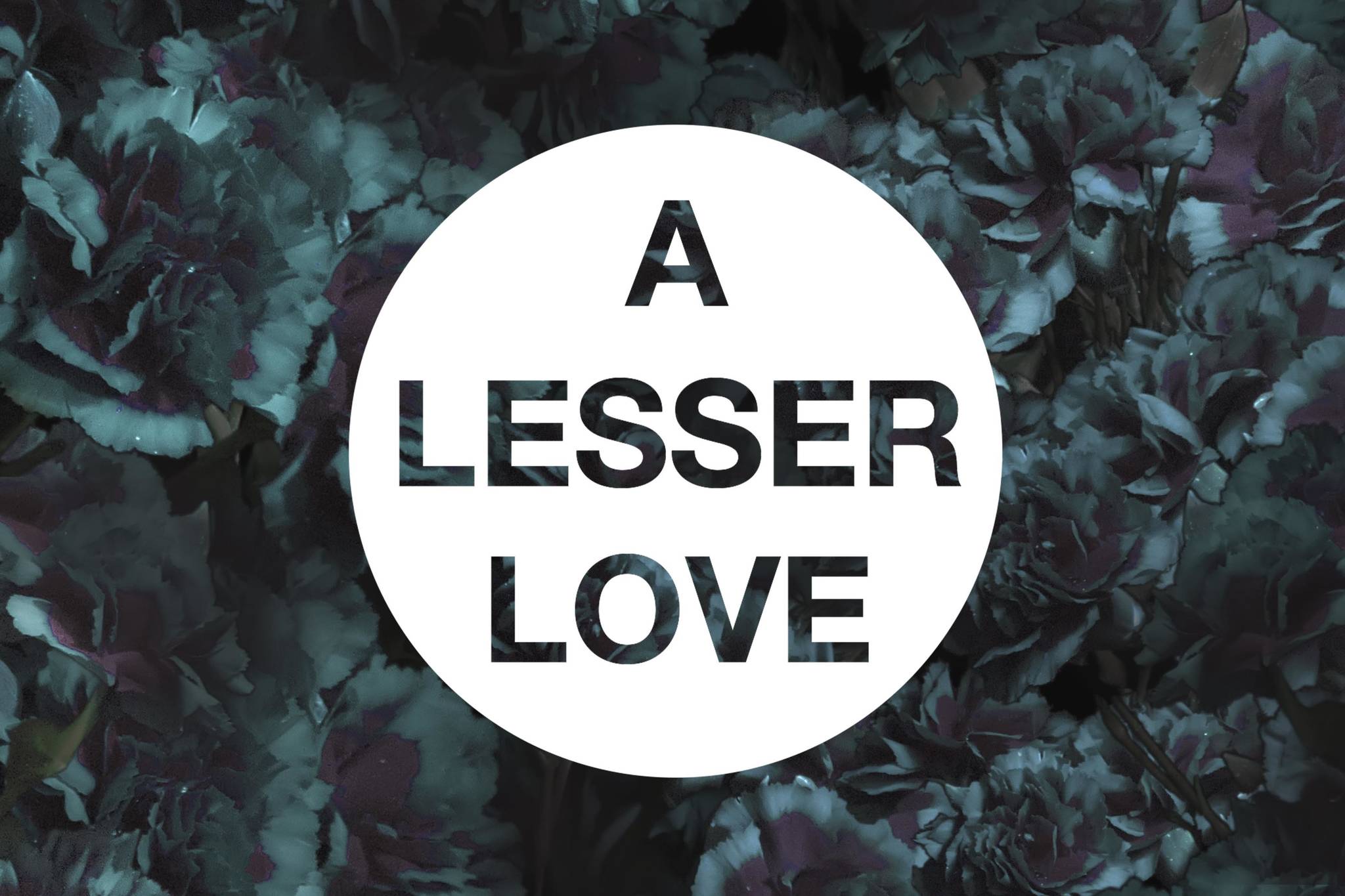The idea of Cascadia has occasionally been held aloft by people who represent questionable causes. White supremacists love the idea of a free Caucasian Cascadia, for instance, and a couple of loudmouth anarchists in the Seattle area love to bore folks at parties with their improbable vision of a utopian lawless barter economy.
But cast your eyes away from the fringes and you’ll find something impressively durable in the concept of Cascadia. Seattle obviously has more in common culturally, environmentally, and politically with Vancouver, B.C., than it does with, say, Salt Lake City. The idea of a bioregion that transcends government boundaries deserves examination—particularly now, when huge Trumpy swaths of the rest of our country are unrecognizable to us.
This is why the Cascadia Poetry Festival is more important now than ever. Running Oct. 12–15 in Tacoma, the festival, now in its fifth year, hosts what may be its highest-profile slate of authors yet. Nationally recognized poets Patricia Smith and CAConrad both headline events and host workshops for aspiring poets.
The festival looks back on the history of Cascadia with a “Tribute to Grunge” reading featuring poets like David Fewster who have lived in the area since the Singles era and a panel discussion on the life and legacy of criminally underrated Cascadian poet and novelist Richard Brautigan. (You might argue that Raymond Carver or Tom Robbins have done more to shape the region’s literature, but I’ll respectfully riposte your claims with dozens of poems by contemporary local writers, ranging from Sarah Galvin to Sherman Alexie, that feel like distant literary cousins of Brautigan’s.)
But the Cascadian Poetry Festival doesn’t exist just so it can stare backward. Most of its programming is forward-facing. Washington state Poet Laureate Tod Marshall, for instance, hosts a workshop to “explore some of the ways that poets have used a sense of ‘place’ to propel their poetics” and then extrapolate those observations into the concept of “what a Cascadian Poetic might mean for each of our practices.”
Perhaps most important, on Saturday afternoon the festival will host a small-press fair featuring a cornucopia of local poetry presses including Wave Books, Ravenna Press, entre ríos books, and Floating Bridge Press, along with literary magazines including PageBoy and Poetry NW. This is an opportunity for the poetry-minded to network and discuss what it means to be from and of a place. Because this much is true: We won’t be able to figure out what it means to be from Cascadia until poets put a name to what Cascadia is. Without poets to lead the way and define our ambitions, Cascadia is nothing but a plot of land.
Washington State History Museum, 1911 Pacific Ave., Tacoma, cascadiapoetry festival.org. $25. All ages. 9 a.m. Thurs., Oct. 12–Sun., Oct. 15.
Paul Constant is co-founder of The Seattle Review of Books. Read daily books coverage at seattlereviewofbooks.com.









